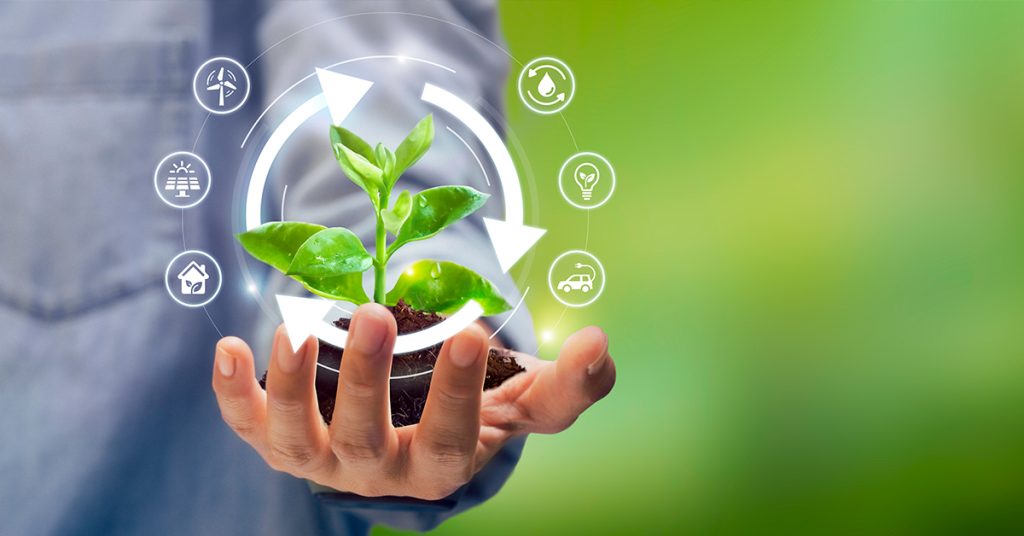- Home
- Green Development

Green development, also known as sustainable development, is an approach to growth that aims to meet the needs of the present without compromising the ability of future generations to meet their own needs. It emphasizes integrating environmental, social, and economic considerations into decision-making processes to create more resilient, equitable, and environmentally-friendly communities. At its core, green development seeks to minimize environmental impact, conserve natural resources, and promote social equity and economic prosperity. This involves adopting practices such as renewable energy generation, energy efficiency improvements, waste reduction and recycling, sustainable land use planning, and conservation of biodiversity. By prioritizing sustainability, green development seeks to address pressing global challenges such as climate change, resource depletion, and environmental degradation while fostering long-term prosperity and well-being for both current and future generations. Moreover, green development recognizes the interconnectedness of social, economic, and environmental systems, emphasizing the importance of holistic and integrated approaches to development that balance the needs of people, planet, and profit. It requires collaboration and partnership among governments, businesses, civil society organizations, and communities to drive positive change and create a more sustainable and inclusive future for all. Ultimately, green development offers a pathway towards achieving a harmonious balance between human activities and the natural environment, ensuring that progress is not only sustainable but also equitable and resilient in the face of future challenges.